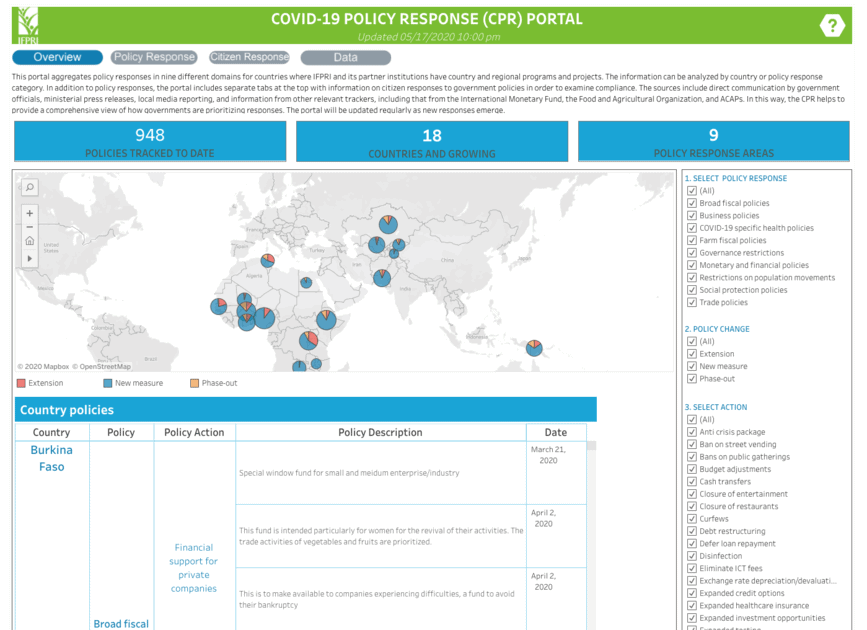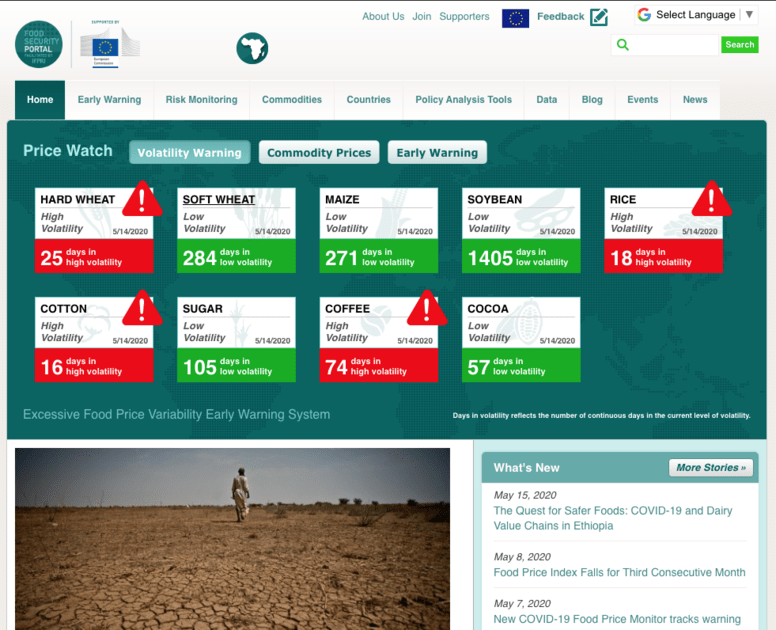In the face of a global viral pandemic, science on resilient, healthy, and sustainable food systems has never been more critical. Without substantial emergency relief, 140 million people could fall into extreme poverty, potentially increasing hunger and malnutrition for millions. The world’s most vulnerable, including women, youth, smallholder farmers, and the urban poor, will be the hardest hit.
CGIAR, as the world’s largest public agricultural research network, is working to anticipate and address the causes and consequences of the COVID-19 crisis, building on work that spans almost half a century. As the world prepares to ‘build back better’, CGIAR is adapting its approach to meet global challenges related to food systems, climate change, and sustainable development. A CGIAR COVID-19 Hub, in collaboration with the London School of Hygiene & Tropical Medicine, will ensure that a research-informed response effectively reaches the world’s most vulnerable.
Interested in how CGIAR is responding to COVID-19? Read more below:
- Update on the CGIAR COVID-19 Hub Research Response Brief (March 2021)
- Responding to COVID-19: CGIAR’s contribution to global response, recovery and resilience
- A 4-point CGIAR response plan on COVID-19
Key messages
- The global response to the pandemic must be swift and science-based, harnessing knowledge for emergency response, recovery, and resilience.
- The core of CGIAR’s response is based on four research pillars: (1) Food systems; (2) One Health (recognizing the linkages between human, animal, and environmental health); (3) Inclusive public programs for food security and nutrition; and (4) Policies and investments for crisis response, economic recovery, and improved future resilience.
- Building back better – not returning to business as usual following the COVID-19 crisis – is a priority for a united CGIAR in its efforts to transform food systems to reduce poverty, improve food and nutrition security, and improve the quality of natural resources and ecosystem services, in line with global goals on sustainable development and climate change.
- A CGIAR COVID-19 Hub, in collaboration with the London School of Hygiene & Tropical Medicine, will ensure that a research-informed response effectively reaches the world’s most vulnerable.
CGIAR COVID-19 HUB
A research-informed response to reach the world’s most vulnerable
Tools and databases
Research
-
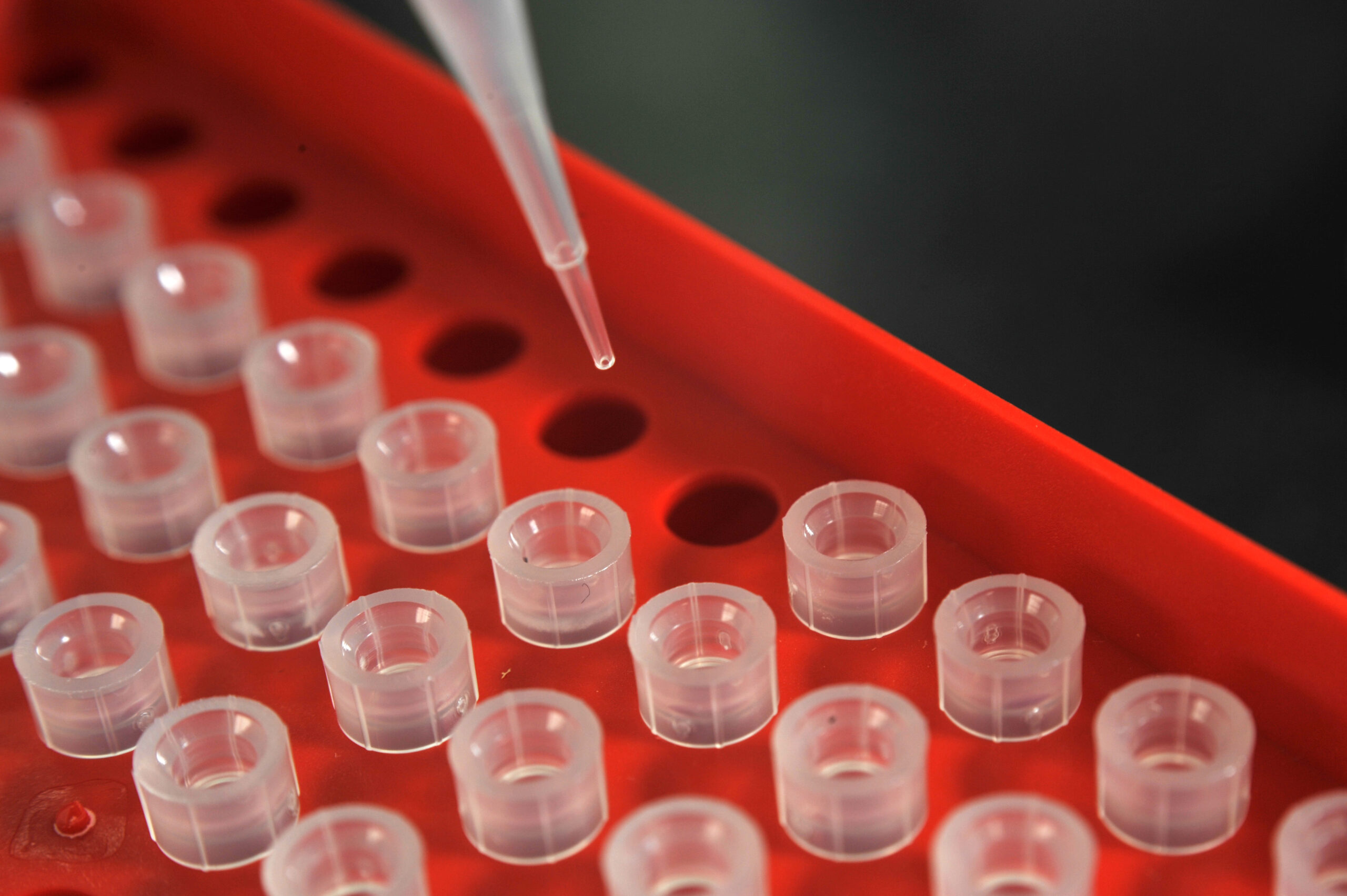
Antibiotic prescribing practices in community and clinical settings during the COVID-19 pandemic in Nairobi, Kenya
03.05.24-
Health
-
Nutrition, health & food security
-
-
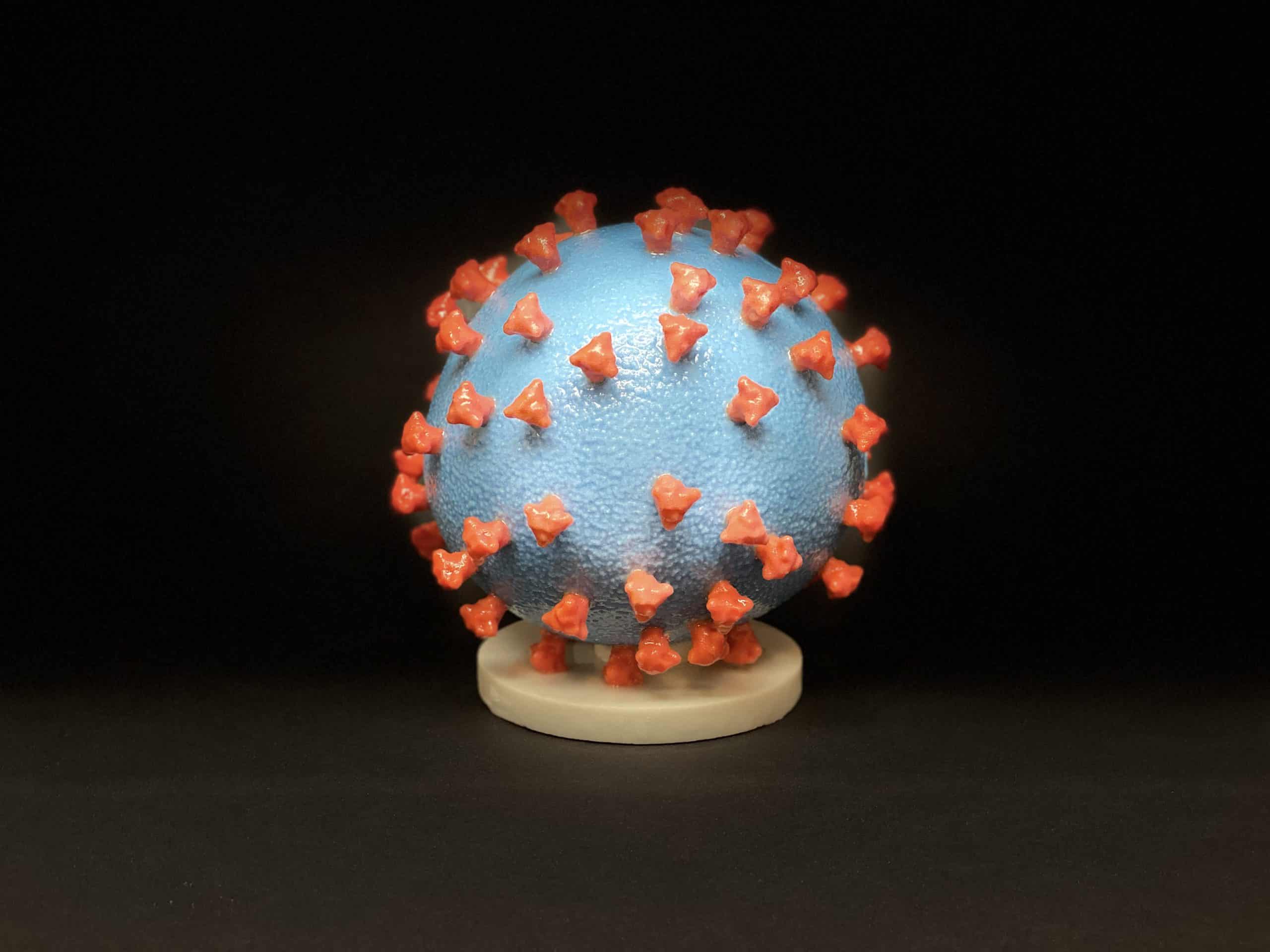
Looking in all the wrong places: A rationale for signal detection for pandemics based on existing data sources
13.09.23-
Health
-
Nutrition, health & food security
-
-
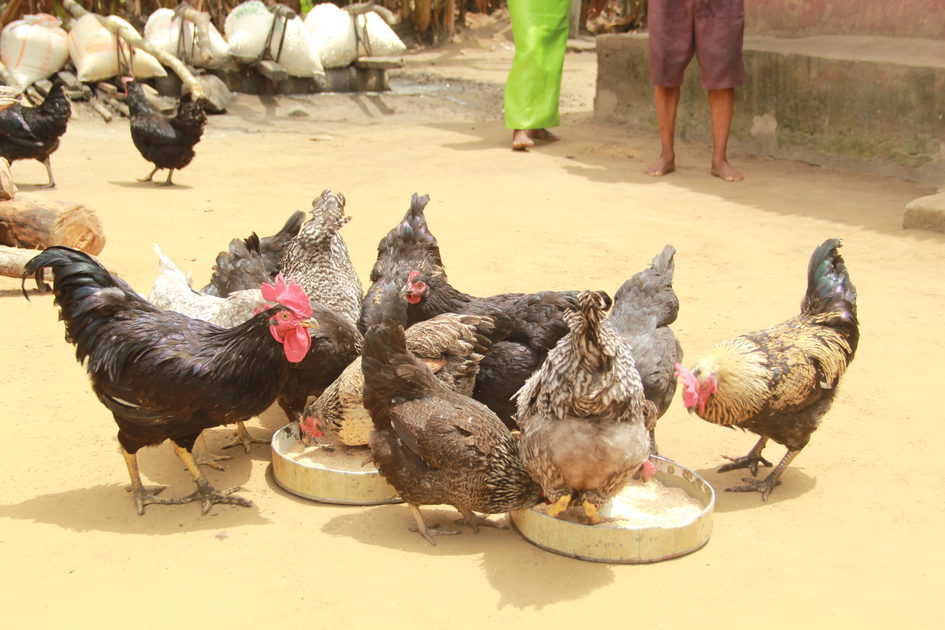
Growth performance, survivability and profitability of improved smallholder chicken genetics in Nigeria: A COVID-19 intervention study
31.07.23-
Poverty reduction, livelihoods & jobs
-
-

Why the world needs more transparency on the origins of novel pathogens
06.06.23-
Health
-
Nutrition, health & food security
-
-
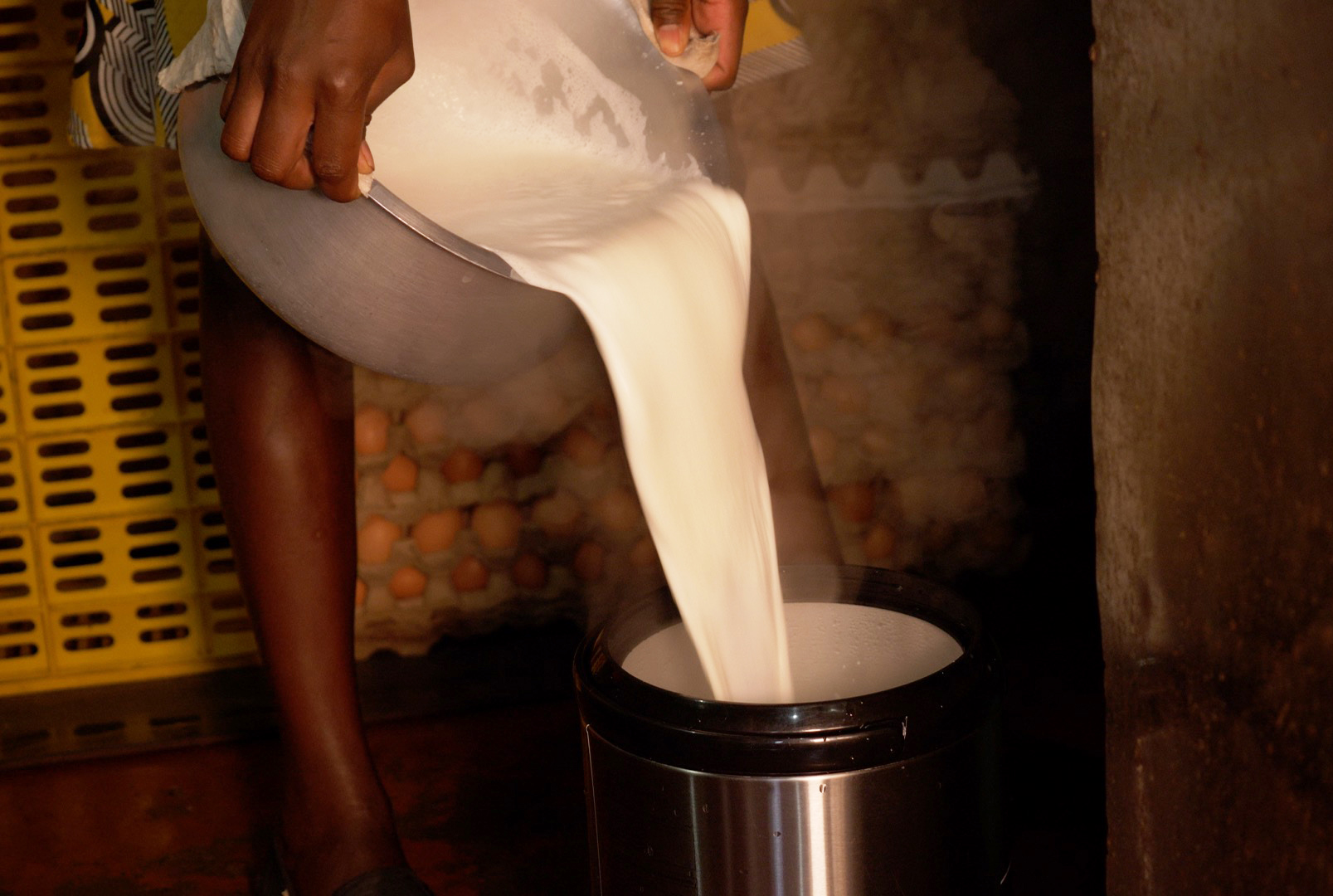
Consumer demand for milk and the informal dairy sector amidst COVID-19 in Nairobi, Kenya
04.04.23-
Nutrition
-
Nutrition, health & food security
-
-
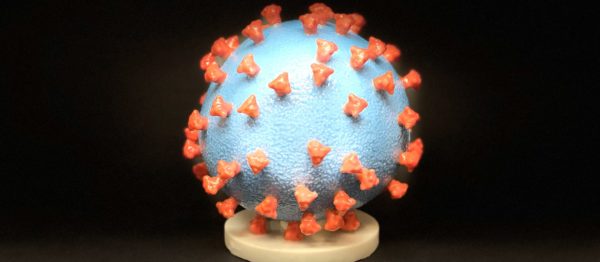
Molecular epidemiology and diversity of SARS-CoV-2 in Ethiopia, 2020–2022
04.04.23-
Health
-
Nutrition, health & food security
-
News
-
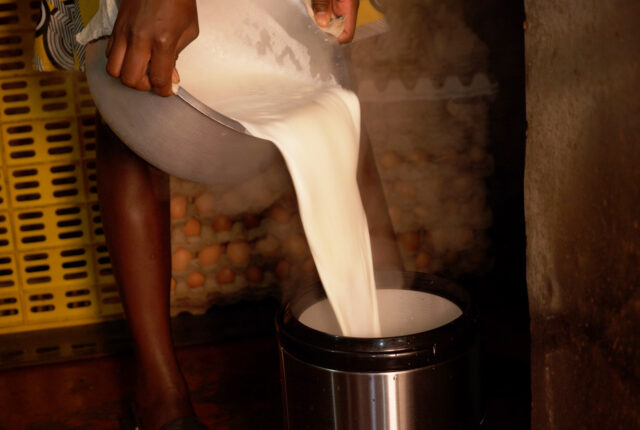
Study examines the impact of COVID-19 on informal milk markets and household food security in Nairobi
05.04.23-
Nutrition
-
Nutrition, health & food security
A study published in the April 2023 issue of Current Developments in Nutrition has put…
Read more -
-

Revealing the deeper forces impacting women’s lives after COVID-19
14.03.22-
Gender equality
As the world emerges from the pandemic, agricultural researchers have begun training their lenses to…
Read more -
-
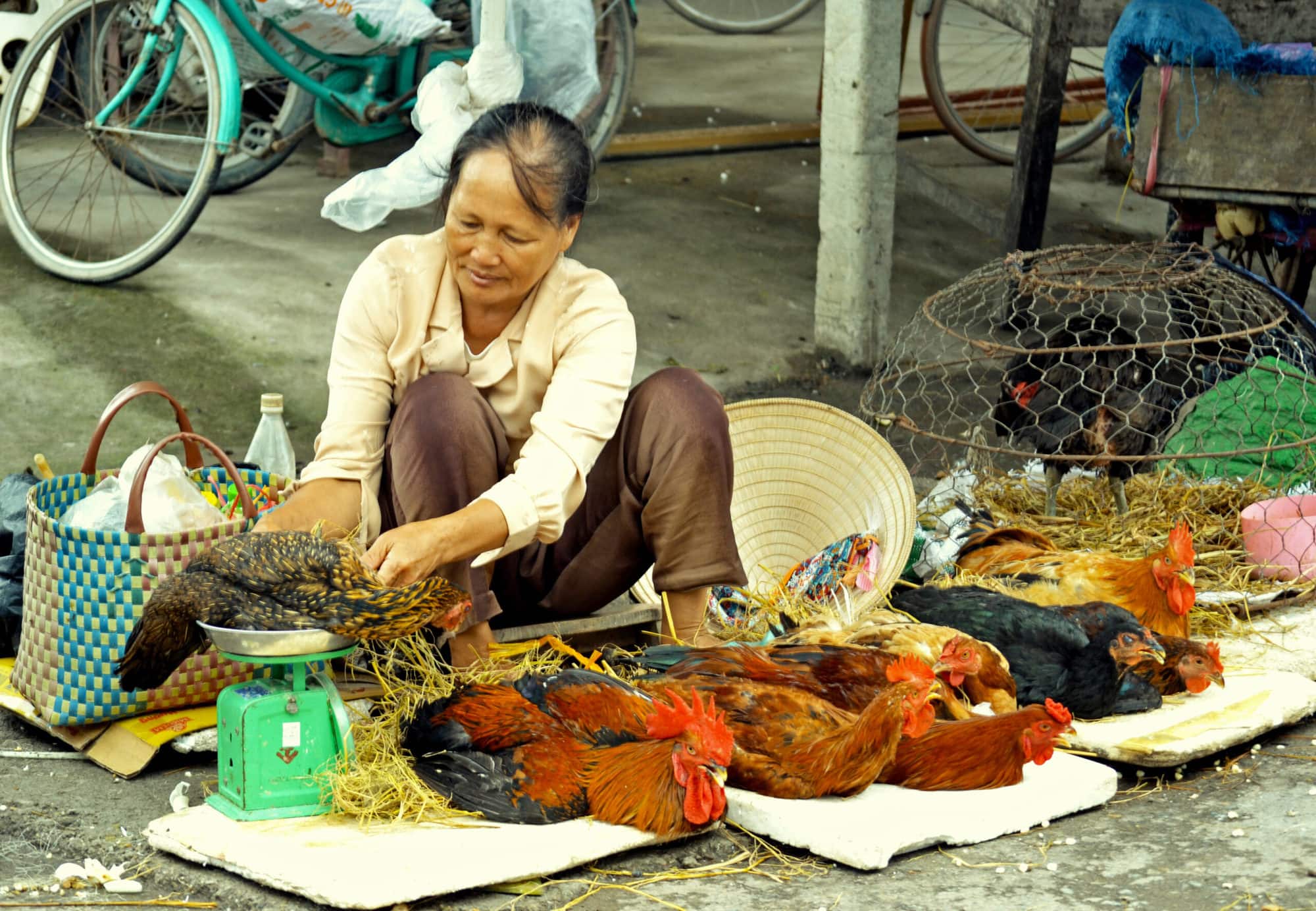
ILRI scientists and research partners contribute to growing body of knowledge on COVID-19
02.09.21-
Health
As countries around the world continue to grapple with the COVID-19 pandemic, scientists at the…
Read more -
-
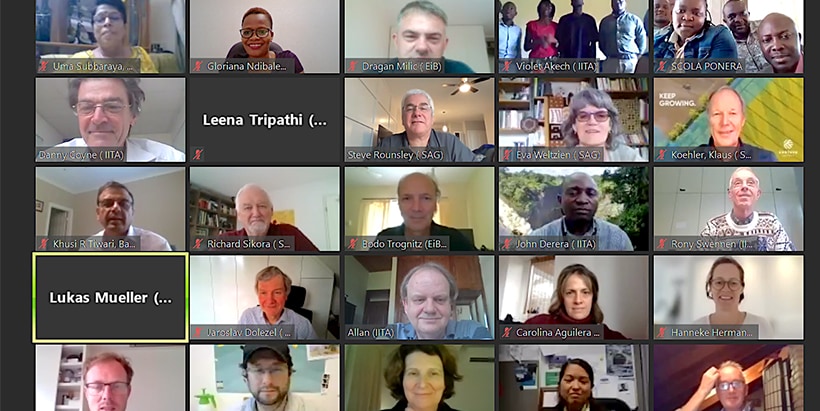
Banana project applauded for making record progress amidst the COVID-19 pandemic
04.07.21Malnutrition in young children and pregnant women is known to have adverse consequences on their…
Read more -
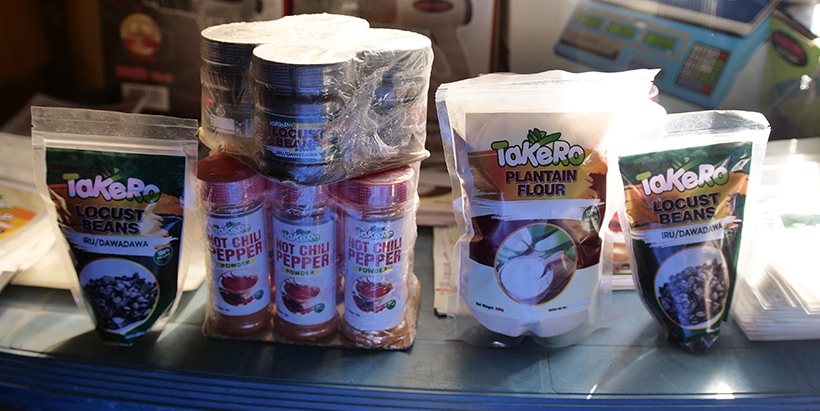
ENABLE-TAAT success story: Mentorship helps beneficiary overcome COVID-19 impact
04.07.21A beneficiary of the ENABLE-TAAT capacity development exercise has affirmed that beyond technical tr…
Read more -

G20 Must Catalyze the Transforming of our Food Systems
01.07.21-
Food security
-
Nutrition
CGIAR called on the G20 to foster international cooperation that transforms food systems through a…
Read more -
Events
-
30.04.20 > 30.04.20
Virtual Event - COVID-19: Emerging problems and potential country-level responses
VirtualRead more -
28.04.20 > 28.04.20
Discussion of the 2020 Global Food Policy Report
VirtualRead more -
17.04.20 > 17.04.20
Are We Heading Toward Another Global Food Price Crisis?
VirtualRead more
FAQs
What exactly is COVID-19?
COVID-19 is an infectious respiratory disease caused by the novel coronavirus SARS-CoV-2 that was first detected to have first detected in humans at the end of 2019. COVID-19 is the name of the disease – the acronym COVID is derived from ‘coronavirus disease’, with ‘19’ referring to the year it emerged – while SARS-CoV-2 is the name of the virus, as the second coronavirus genetically similar to the one that caused Severe Acute Respiratory Syndrome (SARS).





